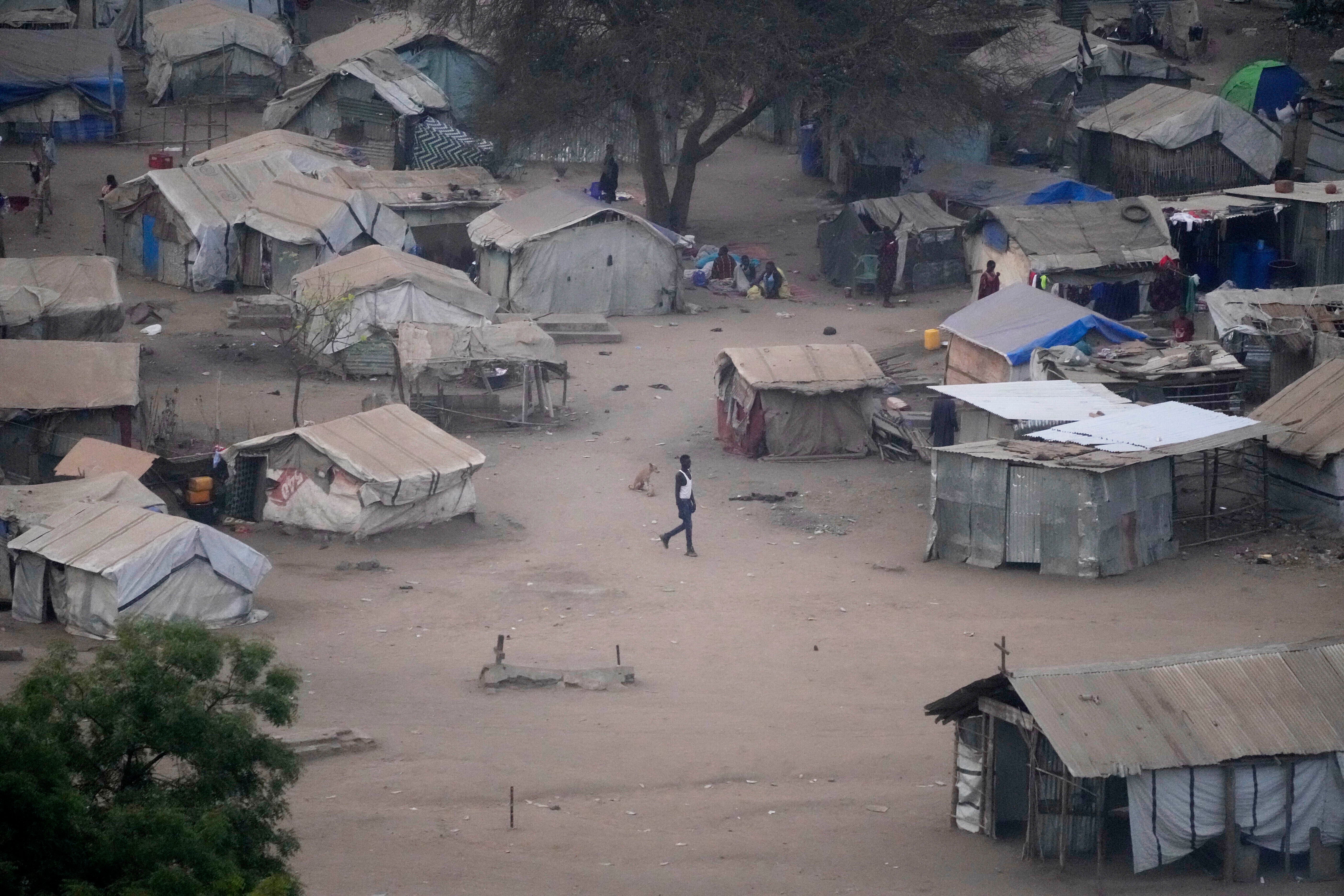South Sudan shutters all schools as it prepares for an extreme heat wave
South Sudan’s government is closing down all schools starting Monday as the country prepares for a wave of extreme heat expected to last two weeks

Your support helps us to tell the story
From reproductive rights to climate change to Big Tech, The Independent is on the ground when the story is developing. Whether it's investigating the financials of Elon Musk's pro-Trump PAC or producing our latest documentary, 'The A Word', which shines a light on the American women fighting for reproductive rights, we know how important it is to parse out the facts from the messaging.
At such a critical moment in US history, we need reporters on the ground. Your donation allows us to keep sending journalists to speak to both sides of the story.
The Independent is trusted by Americans across the entire political spectrum. And unlike many other quality news outlets, we choose not to lock Americans out of our reporting and analysis with paywalls. We believe quality journalism should be available to everyone, paid for by those who can afford it.
Your support makes all the difference.South Sudan's government is closing down all schools starting Monday as the country prepares for a wave of extreme heat expected to last two weeks.
The health and education ministries advised parents to keep all children indoors as temperatures are expected to soar to 45 degrees Celsius (113 Fahrenheit), in a statement late Saturday,
They warned that any school found open during that time would have its registration withdrawn, but didn't specify how long the schools would remain shuttered.
The ministries said they “will continue to monitor the situation and inform the public accordingly.”
Peter Garang, a resident who lives in the capital, Juba, welcomed the decision. He said that “schools should be connected to the electricity grid" to enable the installation of air conditioners.
South Sudan, one of the world’s youngest nations, is particularly vulnerable to climate change with heatwaves common but rarely exceeding 40C. Civil conflict has plagued the east African country which also suffered from drought and flooding, making living conditions difficult for residents.
The World Food Program in its latest country brief said South Sudan “continues to face a dire humanitarian crisis” due to violence, economic instability, climate change and an influx of people fleeing the conflict in neighboring Sudan. It also stated that 818,000 vulnerable people were given food and cash-based transfers in January 2024.